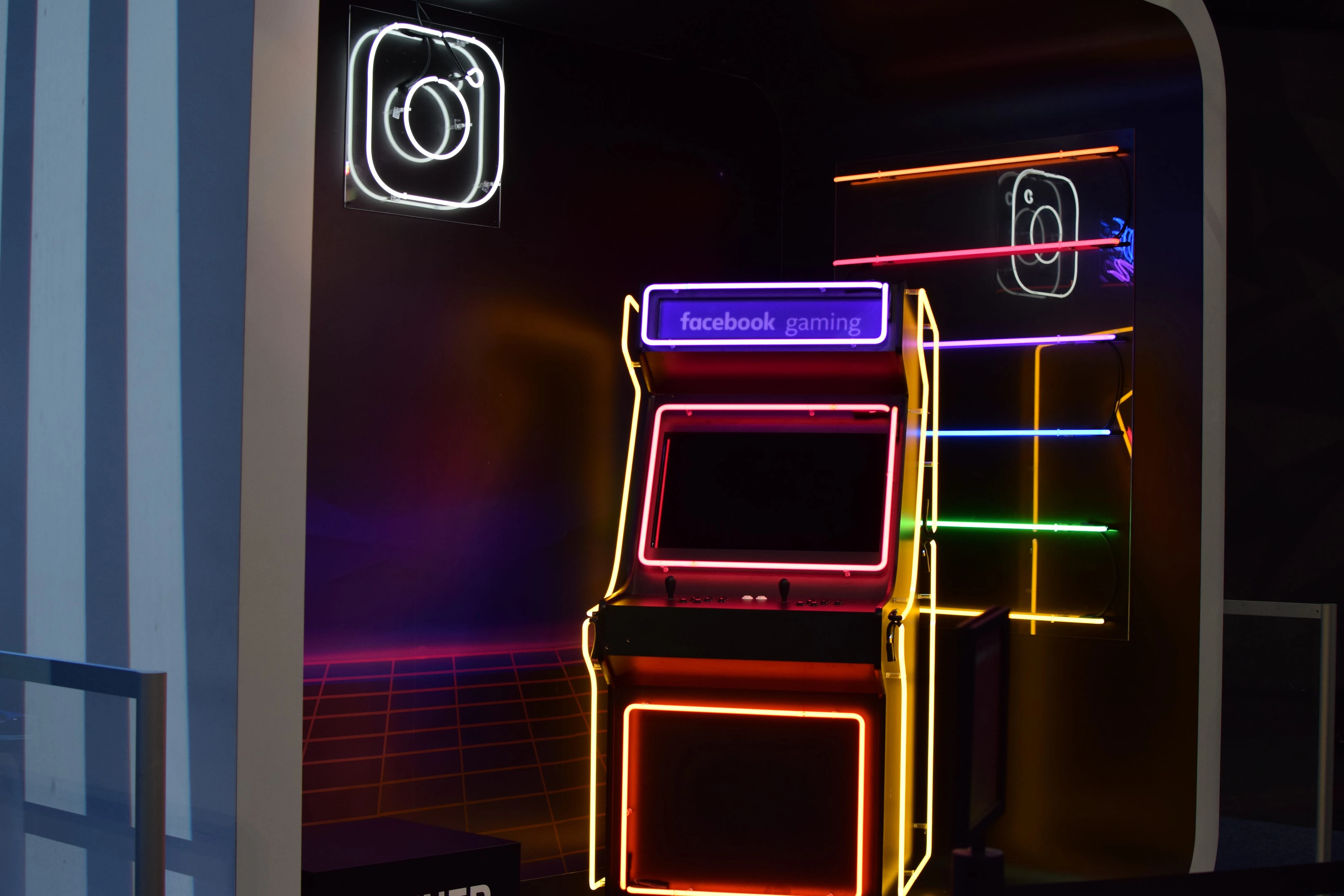How HTML5 games and Facebook are helping game developers
Tuesday, October 16, 2018
Facebook has come a long way from its original format, what was once a simple social media channel for friends and family to stay connected on, has since pivoted into a newsfeed, marketplace and now game centre, with the launch of Facebook’s Instant Games.
The Instant Games platform had a modest beginning with only 17 games at their disposal, however those games were popular titles such as Pac-Man, Space Invaders, and Words with Friends, which all came from reputable developers such as Bandai Namco, Konami, Taito, Zynga and King. The year that followed Instant Games’ launch would see an expanse in their game library along with it also becoming globally available.
With facebook’s Instant Games now exiting its beta testing stage, it has become open to all developers, this means the platform allows developers to build mobile-friendly games using HTML5, in order for the games to work on both the main site and the Messenger service. This helps bypass the requirement for users to download native apps from Apple or Google app stores.
This is a huge positive for the game development market as not only are HTML5 games quick, clean and easy to create but now they have a sizeable platform that can eliminate any competition and unnecessary fees in the more communal environment of the Facebook umbrella, as opposed to the existing app store giants.
In addition to getting users to spend more time on Facebook’s platform, Instant Games provides Facebook with the potential for new revenue streams now that they're moving towards game monetisation, having in-app purchases on their roadmap for some time now.
This means developers will also have access to Facebook’s Monetisation Manager, where they can manage ads and track how well ad placements are performing; as well as a Game Switch API for cross-promoting games across the platform, or creating deep links that work outside Facebook and Messenger.
After it was brought to Facebook’s attention that developers would not be receiving their 70 percent revenue through the Android platform due to a revenue share with Google, Facebook announced it will waive its 30 percent share of Instant Games' in-app revenue on the Android platform in order to make things right.
At the outset, Facebook’s original agreement with developers was that the developers would receive 70 percent of the Instant Games revenue, with 30 percent going to Facebook. However, things run a little different on Android, with developers being forced to also share 30 percent of their revenue with Google. In fact, Google took 30 percent of the total, and then Facebook took 30 percent of what was left. Developers were left getting only 49 percent of the total revenue on games they had created.
After evaluating this, Facebook made the decision to forgo their revenue share, in order to keep developers satisfied and continuing to expand the library and Instant Games offerings.
Since last year, Facebook's Instant Games have grown to around 200 titles, but the company isn’t talking in-depth about their performance from a revenue perspective.
They did offer one example of a well-performing title, Basketball FRVR, a simple 3-point shooter game, which is on track to make over 7 digits in ad revenue annually, and has been played over 4.2 billion times. That is madness!
With the public launch, Facebook is offering an Instant Games developer documentation page and a list of recommended HTML5 game engines to help developers get started. Developers can then build and submit games via Facebook’s App page.
With all of this in mind, Facebook’s Instant Games is a huge opportunity for any aspiring HTML5 game developers that are looking for a platform that can showcase their work, make them a little money and put them in front of the right people.

